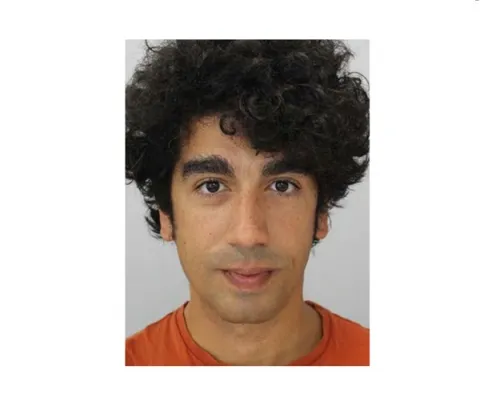About the project
Soil health underpins numerous processes critical to food security. Current methods for evaluating soil health are local, lab-based, and not scalable. This project develops acoustic techniques for monitoring biological activity in soil (e.g., earthworms) that can transform management practices. What does healthy soil sound like?
Soil is the unsung hero of our planet’s future. It serves as an irreplaceable foundation for food security, climate resilience, and biodiversity. Yet, its health faces growing threats from degradation and unsustainable practices. Soil is also an underexplored soundscape. Over 59% of all species live in soil, and sound could be a way to monitor them.
This project will explore acoustic signatures of biological activity in soil. The goal is to lay the foundations for a cost-effective, non-invasive, physics-based way to monitor these processes, paving the way for field applications.
You will exploit the physics of wave propagation in soils to develop minimally invasive monitoring techniques to assess bioturbation activity. Using physics-informed signal processing and transducer design, you will develop a platform for acoustics-based evaluation and characterisation of key soil health metrics and bioturbation activity. Exploring both single and array transducer configurations, you will study acoustic/vibrational signatures from a range of agents, including earthworms, plant roots, ants, and miner bees.
Supplemented by modelling of agent-like wave generation and propagation in multiphase (air, water, solid) media, they will identify individual characteristics of bioturbators that may be better suited to handle a broad array of environmental conditions (e.g., wet, clay, dry, sand) and most plausible sensing configurations.
Thanks to the bioturbation sounds research platform, the project will lay transformative foundations for field-applicable soil health monitoring using acoustics and offer novel time-lapse measurements that can refine the characterisation of ecological dynamics. You will join the Institute of Sound and Vibration Research, a vibrant and diverse research community passionate about sound, ultrasound, vibration, and sensing across all industrial sectors. You will benefit from excellent research facilities and the multidisciplinary environment.
The School of Engineering is committed to promoting equality, diversity inclusivity as demonstrated by our Athena SWAN award. We welcome all applicants regardless of their gender, ethnicity, disability, sexual orientation or age, and will give full consideration to applicants seeking flexible working patterns and those who have taken a career break. The University has a generous maternity policy, onsite childcare facilities, and offers a range of benefits to help ensure employees’ well-being and work-life balance. The University of Southampton is committed to sustainability and has been awarded the Platinum EcoAward.

